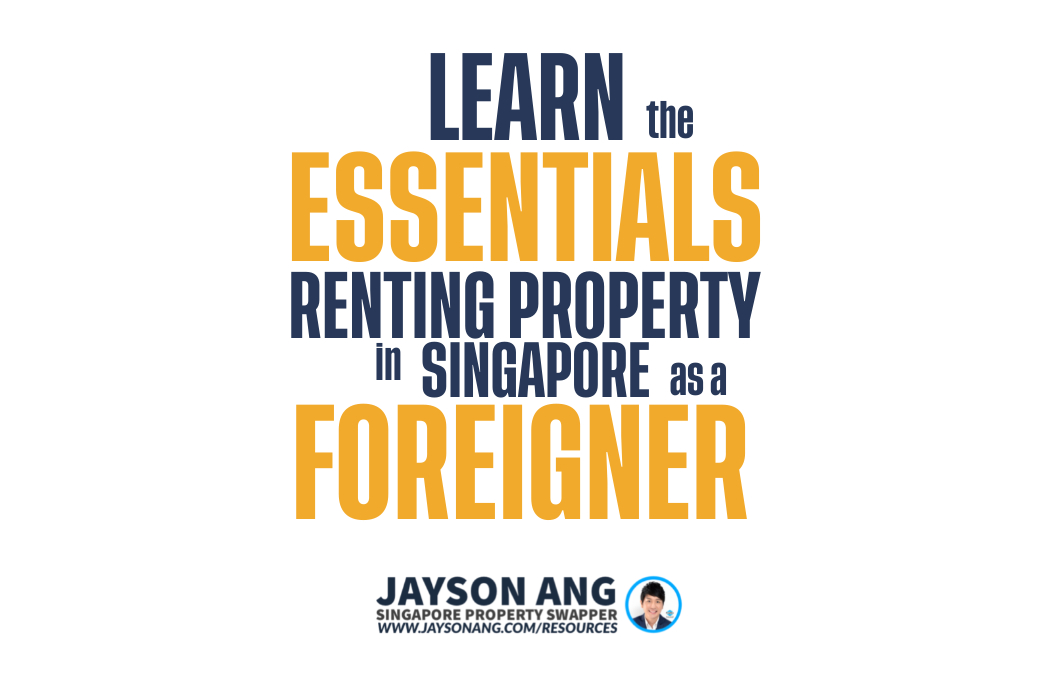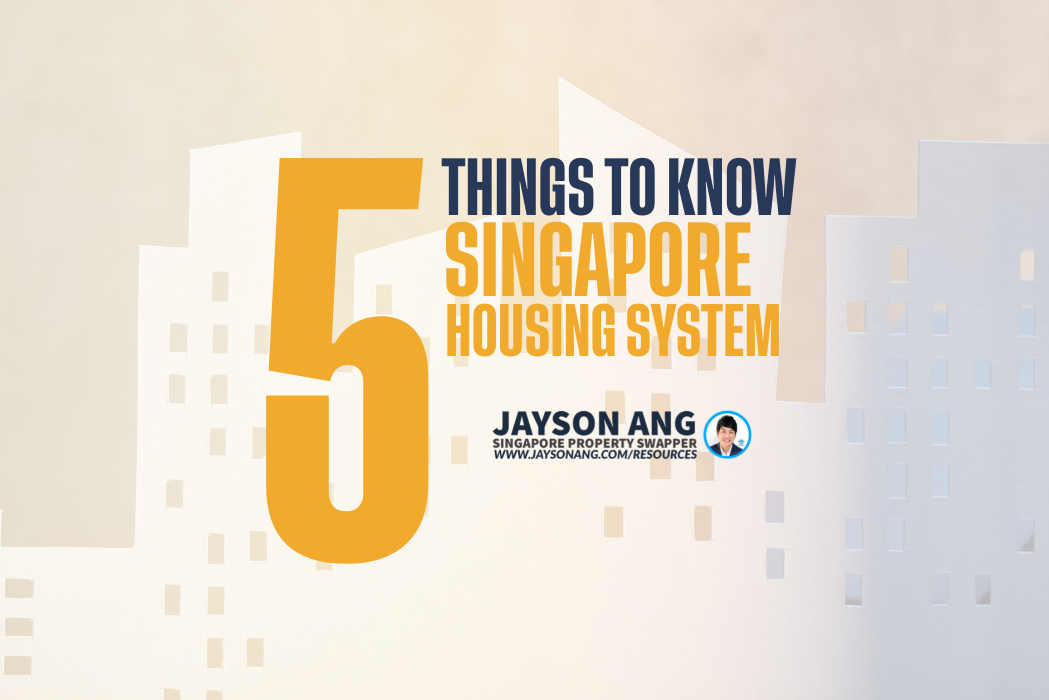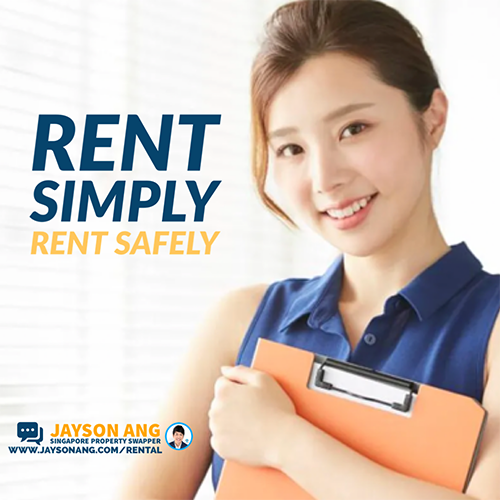TLDR
Renting in Singapore offers various options for foreigners, such as HDBs, Condos, and even unique properties like heritage homes. Foreigners must provide valid documents and follow a typical rental process involving a Letter of Intent, security deposit, and tenant’s requirements. Understanding diplomatic clauses and the 30-day problem-free period is crucial. Overall, Singapore’s well-established Real Estate sector provides a safe and structured environment for renters.
Starting a new life in a new country is like turning the page of a new chapter.
Though beginning anew can be daunting, familiarizing yourself with the basics of renting in Singapore is an excellent way to smooth the transition.
With the Real Estate laws in Singapore being less complex than those of other nations, there are still some rules specific to the country which are worth knowing!
If you are a foreigner hoping to stay in Singapore for a short period of time, renting could be a better choice than buying a property.
Landed property is an option, but foreigners cannot buy it in Singapore without special approval from the Singapore Land Authority.
Sentosa Cove does have looser restrictions for landed properties. No matter your situation, continue reading to learn more about renting as a foreigner in Singapore!
What Are The Types Of Properties That Foreigners Can Rent?
Those from abroad can rent an entire apartment or just a room to share with other tenants. People coming to the area for a new job or school often choose to lease an entire apartment with their buddies, so that communal areas such as the kitchen or living room are transformed into friendly and inviting spaces.
HDBs: Public Housing Option
If you want to get the best value for your money in Singapore, HDB housing is your top choice!
These government-subsidised residences are actually much roomier than one might expect. Land scarcity is always going to be an issue in Singapore and its real estate has gone through a long history of growth in the government-subsidised housing department before reaching what we know now as HDBs.
Currently, 79% of apartments are HDBs, 16% are Private Condominiums, and the remaining 5% are landed properties.
When renting an HDB, there are a few important things to keep in mind.
The minimum rental period is 6 months; for foreigners who are non-Malaysian, this can be extended up to 2 years with approval, while for Malaysian Citizens it’s 3 years.
Additionally, non-Malaysian non-citizens will be subject to the Non-Citizen Quota for Renting Out of Flat to help preserve Singapore’s multicultural society. Malaysians are exempt from the imposed quota.
Check out the HDB’s handy tool for verifying rental prices of HDB flats in the past year – it could be a big help when it comes to making sure you’re not overpaying in your rental agreement.
Condos: Integrated Living
Private Condominiums offer a step up from HDBs, providing gated communities with a wealth of amenities, such as gyms, swimming pools, and other sports facilities. Renting HDBs can be a bit of a bind due to the Non-Citizen Quota, but the great thing about renting Condos is that they have no such restrictions – they’re completely private!
Executive Condos offer an intriguing combination of public and private ownership; during their first 10 years they are classed as government-subsidised housing, subject to the same rules as HDBs, but after this period they become fully privatised, following the regulations applicable to private property.
Landed Properties: Mansions
Given its scarcity of land, it’s no shock that landed properties account for the smallest share of dwellings in Singapore.
So, it’s unsurprising that landed rentals tend to be both rare and exorbitantly priced. But, if budget is not a concern and you’re after space, you’ll be spoiled for choice with the wide range of landed properties – from detached houses to semi-detached, terraced houses and bungalows. In short, the world really is your oyster!
If you’re looking for an alternative living space, cluster houses could be a great option – they’re a combination of the privacy of a condo and the comforts of a house. However, as the rental index of private properties shows, the cost of renting them is on the rise, quarter after quarter.
If You’re Looking For Something Out Of The Ordinary, Heritage And Conservation Homes Are Perfect For You!
Singapore’s flourishing Real Estate industry holds some of the most fascinating and historical conservation titled properties. Preserved and safeguarded for the future by the URA, these properties are a reminder of the nation’s rich history.
Shophouses: Where Commercial Meets Residential
In the hip neighbourhoods of Singapore, such as Joo Chiat and Haji Lane, brightly-coloured shophouses have become a highly-coveted symbol of the past – remnants of the 19th century British Empire. Fortunately, foreigners looking to rent these charming black and white colonial houses can rejoice, as they are available for mix and full residential use!
Today, a mere 500 colonial houses, formerly belonging to high-ranking government officials or wealthy business owners, still remain and are managed and maintained by the Singapore Land Authority (SLA).
These buildings are largely leased out for commercial purposes, such as restaurants and office space, though a few are available for residential rental. If you wish to live in one of these historic homes, you may do so by applying to rent one from SLA through an open-bidding system for a minimum lease of two years.
Things Foreigners Need To Rent In Singapore
Foreign nationals must provide valid documents that prove they are lawfully residing in Singapore – documents must remain valid for at least 6 months from the date of application.
Documentations:
- Employment Pass
- S Pass
- Work Permits
- Student Passes
- Dependant Passes
- Long-Term Social Visit (LTSV) Passes
For those not living in Singapore, paying in cash is often the most straightforward option, however, many landlords and agents choose not to accept it, as it is untraceable.
If you need assistance with the bank transfer, try finding someone in Singapore who is able to help you. In addition, opening a bank account in Singapore is straightforward, thanks to online banking services.
Typical Rental Process
Letter of Intent (LOI)
Writing a Letter of Intent to express an interest in renting a property is a common procedure for prospective tenants. Though not all landlords will require it, most will not move forward with the rental without receiving one.
To ensure everything goes smoothly, it’s important to pay special attention to the following elements of the Letter of Intent:
Good Faith Deposit (Booking Deposit)
Placing a Good Faith Deposit – typically a month’s rent – is an effective way to demonstrate your commitment to renting. Upon signing the tenancy agreement, this amount is converted into either a security deposit or a rental advance, thus financially backing up your intentions.
Security Deposit
Generally, one month’s rent is taken from the good faith deposit as a security deposit after signing the tenancy agreement. This amount will be stated in the Letter of Intent, and returned without interest when the lease ends. Of course, the landlord reserves the right to deduct any damages done to the property or costs incurred from an early termination.
Tenant’s Requirements
Pay attention to this essential section! Tenants, make sure to voice your desires prior to the handover and signing of the tenancy agreement. You may wish for brand new furniture or describe the damages that need to be repaired. As long as the requests are reasonable, feel free to name them all and talk it over with your landlord to come to a satisfactory arrangement.
Diplomatic Clause
A diplomatic clause can offer foreign renters a safeguard in the event that their employment in Singapore ends or they are relocated. A sample of such a clause could read something like this: “After the initial “X” months of the rental agreement have passed, the Tenant can provide the Landlord with “X” months’ written notice to terminate the lease if they are no longer working in Singapore.”
30-day problem-free period
Typically, a tenant has thirty days from the start of the lease to notify their landlord of any imperfections in the rental property; during this period, the tenant won’t be responsible for the costs associated with any repairs or replacements of the detected defects.
Utilities and Air-Conditioning Servicing
Tenants typically assume responsibility for ensuring air conditioning units are serviced at the specified intervals; however, if the unit fails during the lease period and the tenants haven’t neglected any servicing, then it’s the landlord’s obligation to replace it. Bear in mind, the responsibility for utilities may be subject to change according to the terms of the agreement.
Lapse Of Offer
Should the Landlord not accept the letter of intent by the specified date, any deposit or payments made by the Tenant must be promptly refunded and afterwards, neither side shall make any demands of the other.
Closing Thoughts
Thanks to the long-standing success of Singapore’s governance in the Real Estate sector, renting in Singapore is much safer due to the established procedures in place.
If you’re considering investing in Singapore’s real estate, you’ll want to be sure to get someone knowledgeable in the industry on your side.
With that in mind, why not get in touch with me to help you navigate the market and ensure you don’t fall victim to any shady practices?
































































